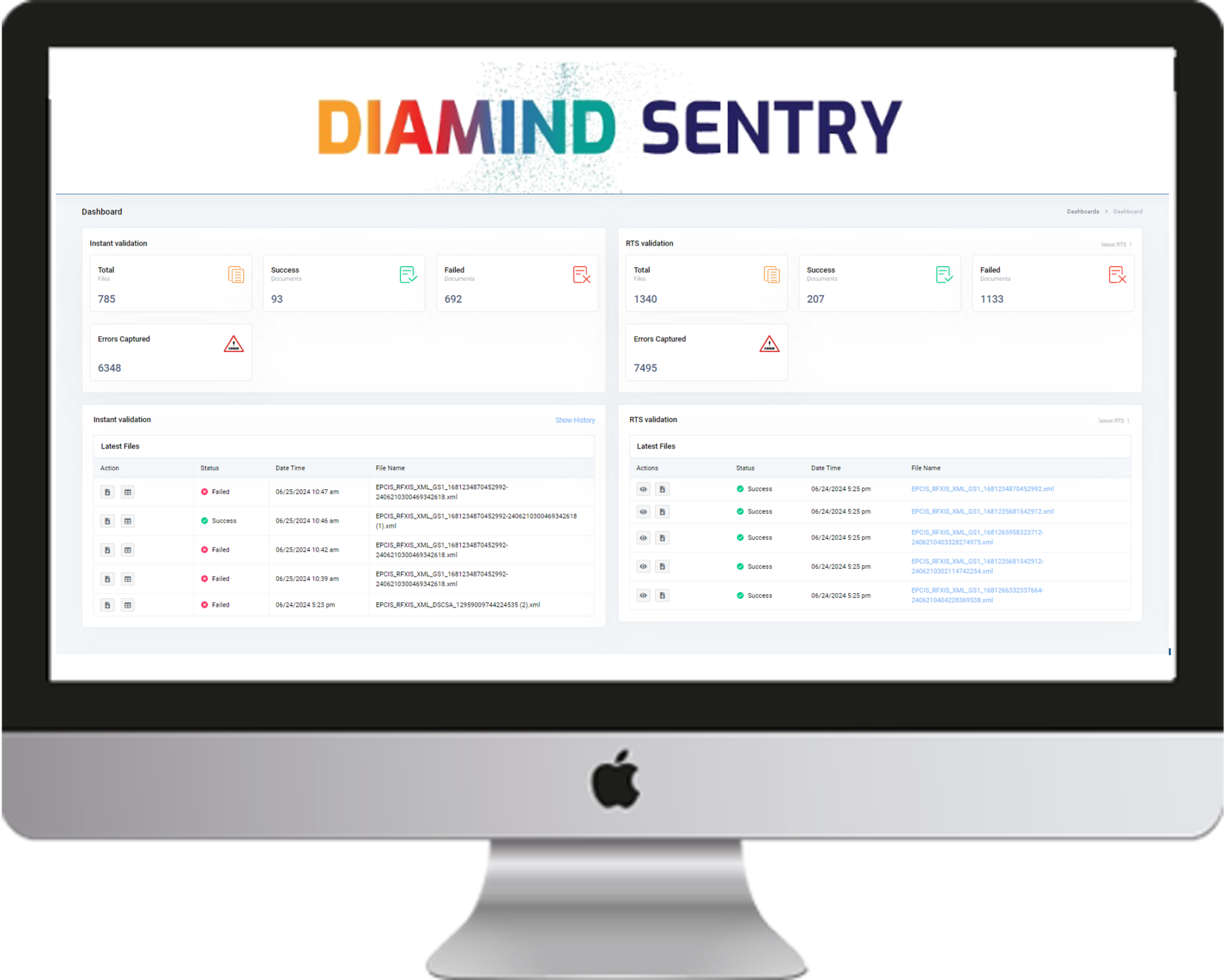Our team in Brazil has been busy. Very busy. Led by Vinicius “Vinnie” Bagnarolli, rfxcel’s Director of Commercial Operations in Latin America, they’ve been speaking at conferences, following developments at the Brazilian Health Regulatory Agency (ANVISA), tracking implementation of Brazil’s National Medicine Control System (SNCM), and advising pharma supply chain stakeholders.
Let’s take a look at the latest from Brazil.
October 23-24: Pharma Logistics & Cold Chain 2019 Conference, São Paulo
Vinnie was a featured speaker on Day 1, talking about the importance of following supply chain best practices to prepare for the SNCM. He also reviewed the processes, technologies, and machinery that will help companies be ready for the future, including our signature rfxcel Traceability Solution (rTS) platform, our rfxcel Integrated Monitoring (rIM), which can track more than a dozen environmental factors in real time, Supply Chain 4.0, and blockchain.
Another hot topic was Resolution 304 (RDC 304). Released September 19 and set to take effect in March 2020, it provides for good practices in distribution, storage, and transport of medicines. It’s guided by Article 7 of the SNCM, which states that the acquisition of medicines from distributing companies other than the registration holders is permitted only if the cargo is traceable through the SNCM.
We also attended an SNCM roundtable with ANVISA, GAESI, and SINDUSFARMA. GAESI does R&D in automation technologies for ports, airports, logistics, and cargo track and trace; SINDUSFARMA is a syndicate of pharma products in the State of São Paulo. GAESI’s Vidal Melo shared his observations about the one-year SNCM pilot phase and stressed that the environment for connecting and sending data already exists in Brazil. Members of SINDUSFARMA made multiple requests to extend the final SNCM deadline, but ANVISA reps said they make no changes to the 36-month timeline (April 29, 2019–April 29, 2022).
November 7: Engineering and Technology Seminar for the Traceability of Strategic Medicinal Products and Supplies (SETRM 2019), São Paulo
GAESI organized and hosted this conference to explore changes in drug supply chain traceability scenarios and promote interaction and communication among government agencies, academia, and pharma companies. People also discussed opportunities to boost Industry 4.0 in the pharma sector using solutions stakeholders have adopted to meet SNCM requirements.
The conference gave Vinnie and our team an excellent opportunity to hear feedback from two companies that participated in the SNCM pilot, Janssen and Boehringer Ingelheim. Both said that SNCM was here to stay and that the industry had to be ready for the April 2022 deadline regardless of how complex the undertaking might be — something we’ve been saying all along. Representatives from ANVISA also attended, but they did not have any revelations for the attendees. They confirmed that the pilot phase was over and that the pharma industry shouldn’t expect any major changes to the legislation, especially concerning deadlines.
But …
November 12: A Major Change to SNCM?
Public Consultation No. 747 was released five days after the SETRM conference. It established the “minimum limits of manufactured drugs packaging and related deadlines for the beginning of transmission of the movement of data to the SNCM.” In a major change to the implementation timeline, it stipulates that every pharma stakeholder should be able to serialize 25 percent of its products by October 2020. This is a full 18 months earlier than the original deadline. (Other deadlines didn’t change: 50 percent by April 2021, 75 percent by September 2021, and 100 percent serialization and reporting by April 2022.)
We’re not sure what the ramifications will be — a 45-day public review is currently underway — but Vinnie and the whole Latin America team is monitoring the situation. They’re also sticking with the advice they’ve been giving since the SNCM was announced: Start preparing now!
Final thoughts
One more noteworthy thing happened in November: The SNCM won an Abril & Dasa Medical Innovation Award. Curated by Saúde Magazine in Brazil, it recognizes projects and medical professionals that make a difference in the scientific, clinical, and healthcare areas. Winners are chosen by popular vote among a scientific jury.
This laudable recognition comes 30 months before the SNCM goes into full effect. This may seem like a long time, but companies have to act now to be ready to comply. The changes are complex, but implementing best practices now will ensure you’re ready for the future and will also bring immediate value to your bottom line.
As Vinnie puts it, “rfxcel is ready to provide guidance on how to best approach the changes that are coming. The unique software capabilities we’ve developed over the past 15 years have helped companies around the world meet stringent compliance requirements, safeguard their supply chains, and expand their markets. I want to talk with you about best practices, how to prepare for SNCM, and the future of our pharma supply chain.”
If you have questions or concerns about the SNCM or any other aspects of the pharma supply chain in Latin America, you can email Vinnie directly at vbagnarolli@rfxcel.com or contact us to set up an appointment. Also, check back for details about a webinar about these and other issues that Vinnie will host in December!





